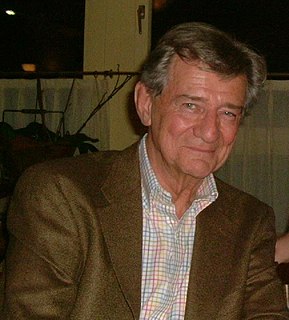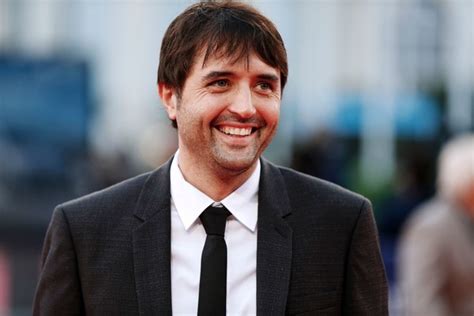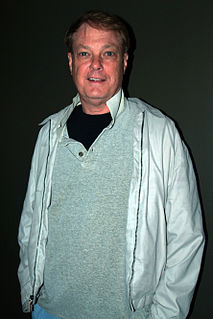A Quote by Aaron Sorkin
Television is a visual medium. You have to create some kind of visual interest. And it's entertainment for your eyes.
Quote Topics
Related Quotes
Usually in theater, the visual repeats the verbal. The visual dwindles into decoration. But I think with my eyes. For me, the visual is not an afterthought, not an illustration of the text. If it says the same thing as the words, why look? The visual must be so compelling that a deaf man would sit though the performance fascinated.
I did a good bit of episodic television directing, but directing a movie is so much more complicated. And there's so much more responsibility because the medium is very much a director's medium. Television is much more of a producer's writer's medium so a lot of the time when you're directing a television show they have a color palette on set or a visual style and dynamic that's already been predetermined and you just kind of have to follow the rules.
Film is a temporal medium as much as it is a visual medium: you're playing with time, and you don't have that ability where someone can pause at home. That's such a fundamental part of what makes filmmaking exciting to me. I don't really have as much interest in any other medium. I just like the control.
For me, the perfect film has no dialogue at all. It's purely a visual, emotional, visceral kind of experience. And I think one can create wonderful depth and meaning and communication without using words. I started out as an illustrator and a cartoonist and caricature artist, so for me the visual is primary.
Art is a funny thing. It's a communicative medium. It really is, and it works outside of literature, the movies, stage, it has its own realm. It's like when you say "The Arts," those are all the arts, dance, theater, ballet. So within that set of areas of expression, we have visual art and it is visual and it's about looking at something and seeing it in the light with our eyes, maybe touching it or not touching it, or wanting to touch it, not being able to touch it.
As far as stimulus from the visual arts specifically, there is today in most of us a visual appetite that is hungry, that is acutely undernourished. One might go so far as to say that Protestants in particular suffer from a form of visual anorexia. It is not that there is a lack of visual stimuli, but rather a lack of wholesomeness of form and content amidst the all-pervasive sensory overload.





































